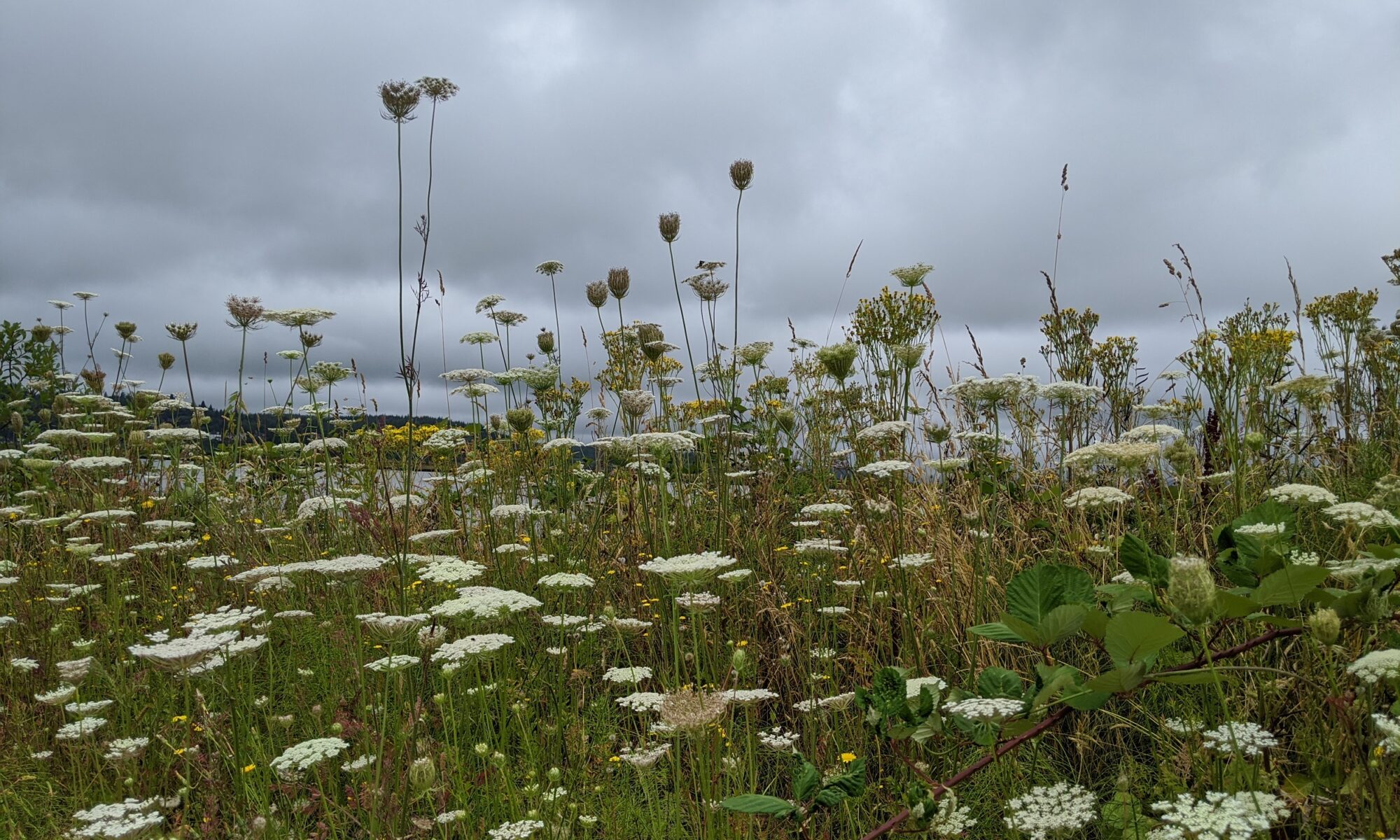Paula Prober points out that one of the top challenges facing Rainforest Minds is the dilemma of “too many choices”. She opens chapter four of Your Rainforest Mind (2016) – entitled “Too Many Possibilities, Too Many Choices” – by writing:
If you have so many interests and abilities that you are overwhelmed, embarrassed, frustrated, confused, and very, very busy, chances are you are suffering from multipotentiality. (p. 81)
Prober acknowledges that:
“Oddly enough… being good at many things can create distress. How do you choose? What do you let go of? Who will cry with you when you choose a medical career over classical piano? Can you do it all?”
Prober’s chapter gets at so many of the ironic challenges of being a “multipotentialite”. That is, if you are capable of and interested in many things – and “simply” have to choose – how in the world can this be a struggle or a hardship?
Well, first of all, “choosing” is never (or rarely) simple. In fact, I would refer to it as one of the biggest challenges in life, both pragmatically and existentially. The knowledge that at any given moment, one can make this choice – or that choice – or that choice – can bring with it an instant sense of paralysis and fatigue.
The ability to choose should never be taken for granted (and always appreciated). With that said, dealing with too many choices has led to the following outcomes for me, personally:
- dropping out of school numerous times
- depression
- anxiety
- guilt
- existential angst
- panic
Both Prober and Emilie Wopnik – founder of puttylike.com and author of How to Be Everything: A Guide for Those Who (Still) Don’t Know What They Want to Be When They Grow Up (2017) – focus primarily on too many choices related to career selection.
This has been (and continues to be) a challenge for me, though perhaps less so than for other rainforest minds – simply because I decided fairly early on that I wanted to be a teacher, which is what I’ll focus this blog post on.
In short: having been so poorly served by the educational institutions I dabbled in (and kept leaving, time and again), I finally realized I could work towards greater change in the world (definitely a rainforest mind priority!) by plunging into education as a field of study and practice.
I figured that by becoming a teacher – however imperfect and infuriating that sphere may be (and boy, it certainly was/is) – I could at least establish a stable career while getting away with constant exploration of my craft (score!).
This approach has more or less worked for the past 25 years. As an emotionally paralyzed 20-year-old needing to find an excuse to get out of my parents’ house and do something, I easily found work and income by applying to be a substitute teacher’s aide in various spaces – including an adult ESL school and PreK-16 special education classrooms.
I continued this type of work throughout college, fueling my insatiable need for variety (being a substitute definitely provides that) while learning a tremendous amount of on-the-ground realities about different school settings – not to mention more broadly about teaching as a career.
As soon as I finished my bachelor’s degree – which I earned in large part because it was required in order to teach, thus making at least that choice easy – I obtained my emergency teaching credential and started substituting as the “teacher-on-record” in various classrooms. Again, the variety built into this part-time work was incredible: I had a chance to experience different age levels, neighborhoods, pedagogical approaches, programmatic styles, and much more. Each day was different (with a little bit of “redundancy”, or returning to the same class for a few days, built in), and I loved it.
In terms of which type of teaching credential to choose to earn – well, in some ways that choice was also actually easy: a multiple subject credential, of course! This allowed me to teach kids from Kindergarten through 7th grade in all subjects, which was the only way to go for someone like me who was unable to stay landed on any specific topic for very long.
However, by the time I got my teaching credential in 2000, I faced yet another choice: where to teach? I applied to work at one of the largest districts in the nation, knowing they would surely have a spot for me (yes, they did), and then set about trying to find the most diverse school in that district. The range of students I was able to serve at my K-5 school – linguistically, racially, and economically – made life exciting in yet a different way.
However, within three years (two, strictly speaking), I knew it was time to move on. By then, I had enough of the “basics” of teaching down to feel like I was reasonably competent, which started to make things – well, too predictable.
So, I began applying to graduate school. I couldn’t articulate the “why” behind this other than that I dreaded the notion of being a “career-long” anything – and I knew there was more to learn.
I spent the next four years (with support from my boyfriend/fiance/husband) zipping through my masters and doctorate degree combined, keeping my “I want to learn and know everything” tendencies in check by remaining ruthlessly dedicated to not wasting money, and therefore being done as soon as realistically possible.
When I inevitably became dogged by procrastination and imposter’s syndrome, I got help from my husband in setting up a film review blog so that I could “creatively procrastinate” and not feel bad about engaging with writing that wasn’t dissertation-focused. Since writing begets writing, eventually I was doing enough of it that I could turn to the final stages of my degree (i.e., The Big D = The Dissertation) and Get It Done.
Lest any of this makes it sound like I somehow knew what I was doing and had an easy time of it – HA!
No way.
I share all this simply as a way to note that rainforest-mind tendencies can both hinder and help. I’ve learned how to hack many of my challenges so that they work in my favor (eventually), or at least help to keep existential dread at bay.
I have a lot more to say about choice-making, and will save all that for another post (or two, or three). But for now, the advice I’ve given myself over the years is: MAKE a choice. Accept that it will be imperfect because there is truly no such thing as “the right choice”.
Any choice – as long as you’re not harming yourself or others – will at least keep you moving forward and (hallelujah!) provide you with new experiences to explore. Go forth.
References:
- Prober, P. (2016). Your rainforest mind: A guide to the well-being of gifted adults and youth. Luminare Press.
Copyright © 2020 by HalfoftheTruth.org. Please feel free to share with attribution.



